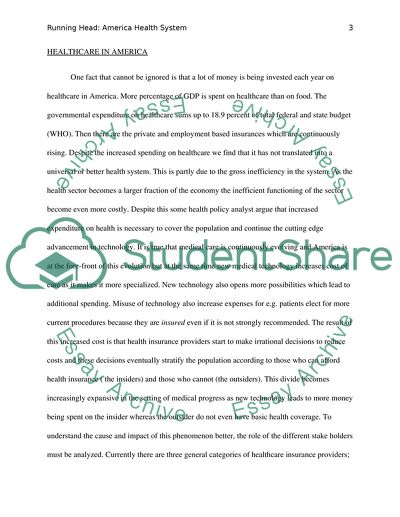Cite this document
(“American Health System Research Paper Example | Topics and Well Written Essays - 1750 words”, n.d.)
American Health System Research Paper Example | Topics and Well Written Essays - 1750 words. Retrieved from https://studentshare.org/health-sciences-medicine/1759706-healthcare-in-america
American Health System Research Paper Example | Topics and Well Written Essays - 1750 words. Retrieved from https://studentshare.org/health-sciences-medicine/1759706-healthcare-in-america
(American Health System Research Paper Example | Topics and Well Written Essays - 1750 Words)
American Health System Research Paper Example | Topics and Well Written Essays - 1750 Words. https://studentshare.org/health-sciences-medicine/1759706-healthcare-in-america.
American Health System Research Paper Example | Topics and Well Written Essays - 1750 Words. https://studentshare.org/health-sciences-medicine/1759706-healthcare-in-america.
“American Health System Research Paper Example | Topics and Well Written Essays - 1750 Words”, n.d. https://studentshare.org/health-sciences-medicine/1759706-healthcare-in-america.


